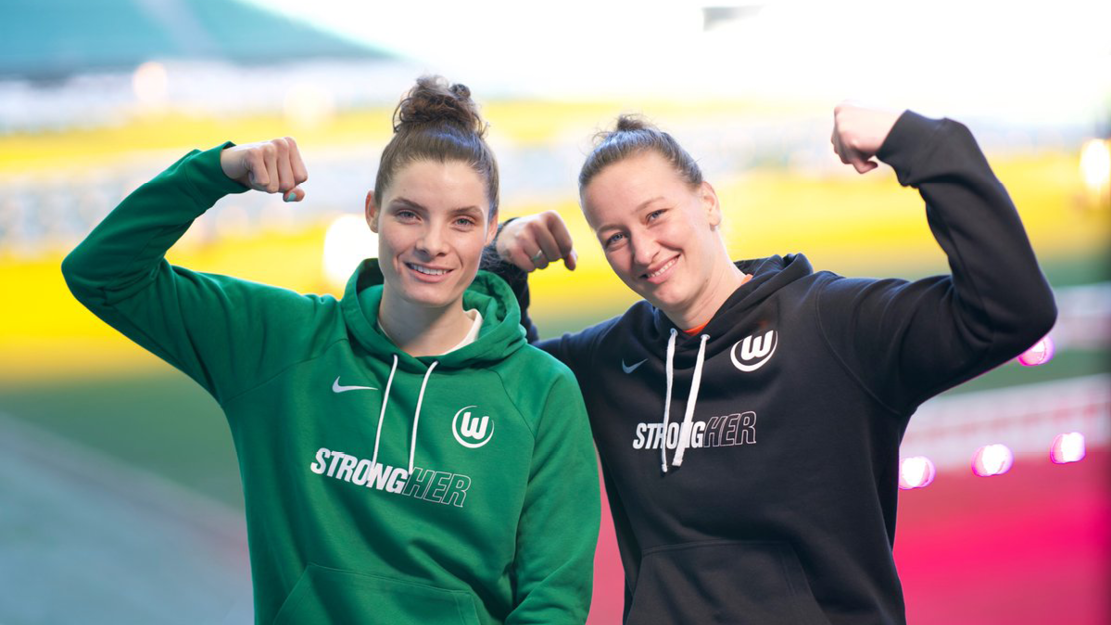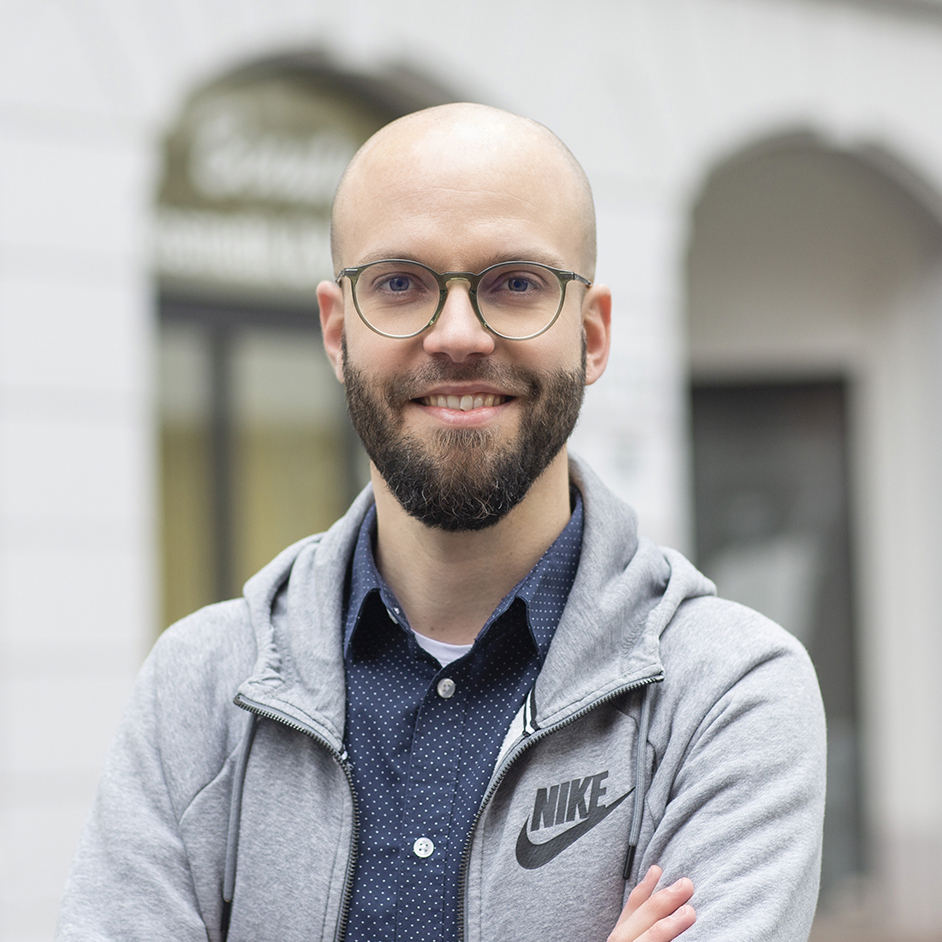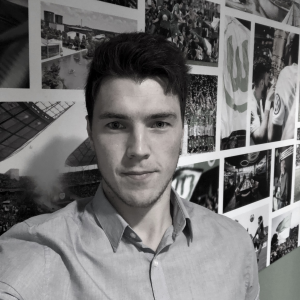In this episode of the Football Business Podcast, we chatted with Claudio Demmer (Innovation Manager) and Jan Twete (Global Partnerships Director, North America) of VfL Wolfsburg. We deep dived into the club’s internationalization strategy in the US and how innovation is defined and implemented at the German Bundesliga’s side.
Wolfsburg’s internationalization strategy aligns with Volkswagen’s key-market focus.
It is crucial to understand how Wolfsburg is positioned and where it comes from as a club and an organization. Wolfsburg is a wholly-owned company by the Volkswagen group. This means the club is backed by the world’s biggest car manufacturer and has ecosystem networks in almost every country. Ten years ago, Wolfsburg was one of the first German clubs that went abroad and did international tours in key markets for Volkswagen. This has always been part of Wolfsburg’s DNA and strategy, and obviously, it helps to have those synergies with such a big corporation as Volkswagen. The club has a sophisticated approach when it comes to internationalization and how it dives into different markets.
“Even though it is not the biggest brand in European soccer, nor will it ever reach the heights of Barcelona or Manchester United, it is still a pretty international global club. People often are surprised by how much we do internationally” – Jan Twete.
How Wolfsburg differentiates itself in the US market (probably the biggest and most competitive market)
Women’s Football Empowerment – Twete shared that in the US, Wolfsburg’s biggest unique selling point is that they have one of the world’s best women’s football (soccer) teams in recent 10 years. In fact, it’s a massive success factor because women’s soccer and the growth of women’s sports are skyrocketing in the US. Interestingly, football is even more rooted in the traditional sports landscape in the US than in Germany. The club has invested in that space for many years, enabling them to monetize this platform or recreate something authentically in this market right now.
In fact, the launch of the StrongHER program marked a huge commitment of the club not only in the US market but also in women’s football in general. The program consists of three key pillars: Training, Education, and Mentoring. Particularly, VfL Wolfsburg coaches are sent to Chattanooga, Tennessee, twice a year to conduct football camps. Each camp provides young female athletes from local communities free access to professional coaching experience and onsite individual mentorship.
Being Sustainable – According to different rankings, studies, and research organizations, Wolfsburg is among the most sustainable clubs in terms of environment and diversity.
Smaller Communities – Contributing to smaller communities and areas can bring significant differentiation. Twete explained that it’s impossible to conquer the whole US for many reasons and that Wolfsburg won’t have the same results as the biggest teams if it follows the same tactics, such as the first-team tour. Instead, Wolfsburg develops holistic projects and utilizes existing onsite assets from its parent company. For example, the club usually starts its projects in Chattanooga, Tennessee, because Volkswagen’s production facility locates here. This effectively connects all strategic partnerships, such as local soccer teams, non-profit organizations, and local communities.
Innovation is crucial for a football club nowadays, especially for internationalization strategies
Demmer explained that the first question – “why innovation is needed,” is tricky because it depends on how innovation is defined. He added that in Germany, Wolfsburg has a different position than it would have in the US, which also means they need to take a different innovation approach. In the US, Wolfsburg’s brand image is not that strong and thus leading to a stronger innovation focus.
Furthermore, most clubs go to the US and try to sell their products from their home markets, making it harder to attract US companies with different interests. Hence, Wolfsburg aims to turn that around by creating assets in the US or developing onsite projects operated by local partners.
“We’re trying to be part of the culture so we can be perceived as part of the US. That’s the generic explanation of how we understand the role of innovation when tackling this market.” – Claudio Demmer
The VfL Wolfsburg Start-up Program
Demmer strongly believes that any football club could be a great startup incubator hub regardless of its resources. Football clubs are a part of the public, which means they are a solid partner in promoting brands. Every club has a strong sponsorship department because brands want to hop on that public image that a football club has. So why not for startups as well?
He explained that startups need to grow, while clubs also have problems, so both can learn from each other. At Wolfsburg, we have a venture client model, which means we look for problems inside the club and then address startups that might have those solutions to our problems. If they can, we refer them to other customers within our networks. For startups, having a well-known Bundesliga team as a customer is also an excellent case study.
On top of that, the program has been a success because it offers startups different sponsoring assets. Startups usually have limited liquidity during the growth or early stage. Often they need to prioritize product development over marketing activities. Hence, these startups can access the club’s marketing assets and networks with Wolfsburg’s program. In return, the club will receive virtual shares as an investment.
One of the first clubs that adopted NFT
Wolfsburg is the first club to tap into these spaces in Germany. In the exploration phase, Demmer and his team identify any mega trends out there and make a move before any other club does.
Demmer highlighted that they are not experts on blockchain, Web3, or NFT matters. Wolfsburg is a football club, first and foremost. Hence, the club must speak with experts to get consultancies to understand the buzz. More importantly, if they enter the NFT space, the ultimate goal is to connect the digital world with the real world. For example, the Football Company has an app where Wolfsburg not only can integrate its jersey as an NFT but also connect utility to that NFT. In other words, they try to integrate physical assets with NFT. If somebody wins a challenge, they will be invited to Wolfsburg, win a jersey, or whatever physical rewards.
The US Market also works as a “trend-sensor”
When asked if these rising technologies can be a success factor in the US market, interestingly, Twete sees this the other way around. He explained that the US guys are always ahead of developing these trends for quite some years and won’t be impressed. In fact, Twete and his team monitor the US market as a trend sensor. He works closely with the US corporate development team and marketing team to benchmark these trends quickly and bring this back to Wolfsburg’s home market in Germany. The winning formula is to be a first-mover and fine-tune these new things in a relatively conservative sports-fan landscape in Germany.
The next big things at Wolfsburg: Metaverse & World Cup 2026 in North America
Regarding his role, Demmer shared that Metaverse is definitely one of the key focus, which will be announced in the upcoming weeks and included in the club’s startup program from the beginning of 2023.
For Twete, he will continue to work closely with Demmer to maximize Wolfsburg’s full potential and prepare for the World Cup 2026 in North America, where the US is one of the 3 host nations.
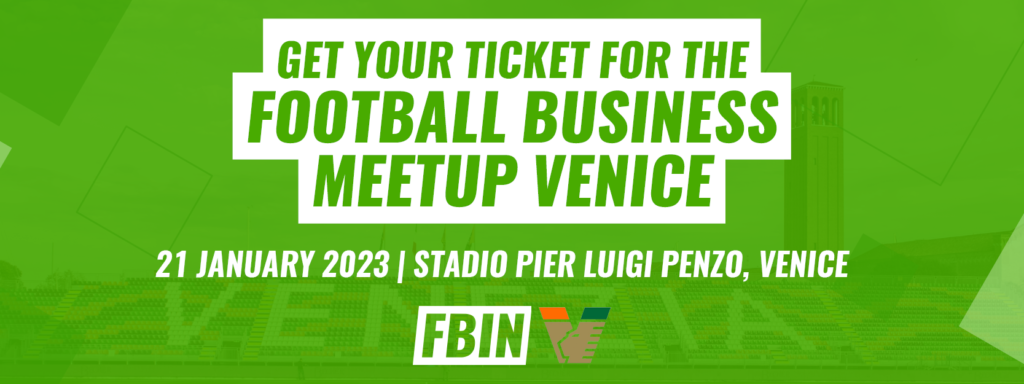

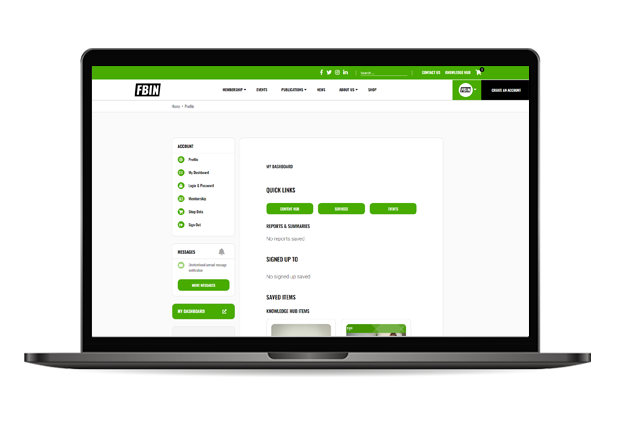
 Upgrade to Premium Now
Upgrade to Premium Now
